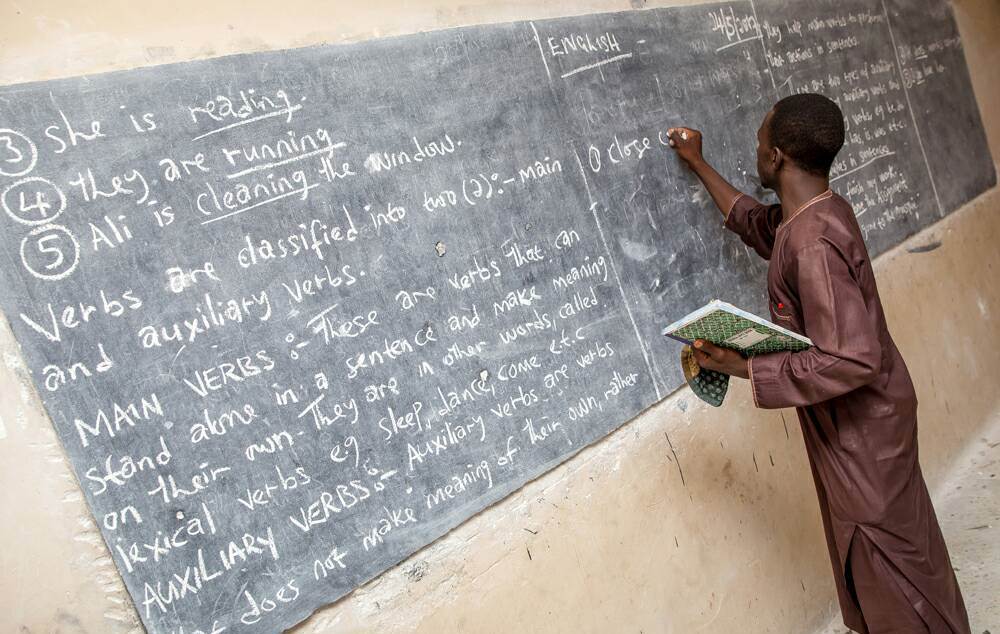The Minister of Science and Technology, Dr Ogbonnaya Onu has called for dialogue between policymakers and scientists as well as boosting federal support for science and technology to improve national security.
Onu made the call on Thursday during a lecture he delivered at the Executive Intelligence Management Course (EIMC) II of the Institute of Security Studies (ISS) in Abuja.
The minister said a boost in support of science and technology will go a long way to aid national security.
He explained that such effort would naturally enhance stability among various ethnic groups to maintain national pride.
According to him, vision, creativity, innovation and entrepreneurial spirit of the science and technology community is what the nation needs to overcome challenges arising from cultural diversity.
“ This will promote national security and help in combating insurgency and other conflicts.
“Reinforcement of the dialogue between policymakers and scientists as well as boosting federal support for science and technology is crucial to our national security and the prosperity of our nation.
“The scientific and technological communities of our country need to play a big role in building the new Nigeria.
“We know a new Nigeria is coming, a country of greater peace, stability, unity, prosperity, security and freedom for the good of all.
We have to start working for it. We will never get tired until we achieve it, “ he said.
Onu said variety and nature of cultural values depend on citizens’ actions which impact either positively or otherwise on national security.
He said the linkage between culture, science and technology was strong and could create new jobs and wealth.
The minister also stated that diversity in cultures could provide an opportunity of boosting national economy through promotion of tourism.
He said Nigeria, with over 500 ethnic groups and varied values, had challenge of efficiently managing diversity to promote national security.
Onu said the UN 2030 Agenda of Sustainable Development Goals (SDGs), showed dynamics in cultural values that were generally and basically driven by science, engineering and technology.
According to him, in order to domesticate attainment of these goals through science, engineering and innovation for sustainable national development and security, President Muhammadu Buhari approved Executive Order No.5 on Feb.2.
He said the Executive Order No.5 would promote and strengthening of Nigerian content in all procurements that had science, engineering, technology and innovation components.
“The Federal Ministry of Science and Technology serves as the national focal point for the implementation of the Order.
“Indeed, Economic Recovery and Growth Plan (ERGP) of Federal Government has recognised science, engineering, technology and innovation as the instrument for diversifying economy as well as attainment of socio-economic development and national security,“ he said.


